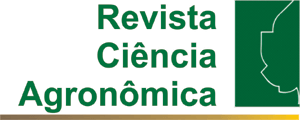Phanerogam species reserve nutrients in their seeds in order to sustain propagation. Their chemical composition and the way the metabolites are used vary, according to genotype, the environment and the interaction between these factors. As the jatropha is considered a strategic oilseed crop in biofuel production, the aim of this work was to quantify the major reserve components (starch, protein, soluble sugar and lipid) of the jatropha seed and its disposition in the cells during different periods of germination, in order to understand the process of reserve mobilisation and to determine the potentially right time for the extraction of vegetable oil for that species. The seeds were soaked in water for 0; 12; 24; 36; 42; 45 and 48 hours, following a completely randomised design and evaluated for wet and dry biomass, chemical characteristics of the reserves and the disposition of the reserve compounds. Through research, it was observed that the levels of lipids increased up to 43% at the moment of protrusion. The carbohydrate levels, in both the endosperm and the embryo are minimal during protrusion and shortly after, indicating the maximum use of carbohydrates in the germination process. Greatest protein synthesis occurs with the greatest moisture gain, with a reduction in and agglomeration of protein bodies during embryo root growth after protrusion. Despite the presence of starch in the endosperm of jatropha curcas L., starch cannot be considered a source of sugars during the period of germination studied.
Jatropha curcas L.; Physiology; Oilseed crop









